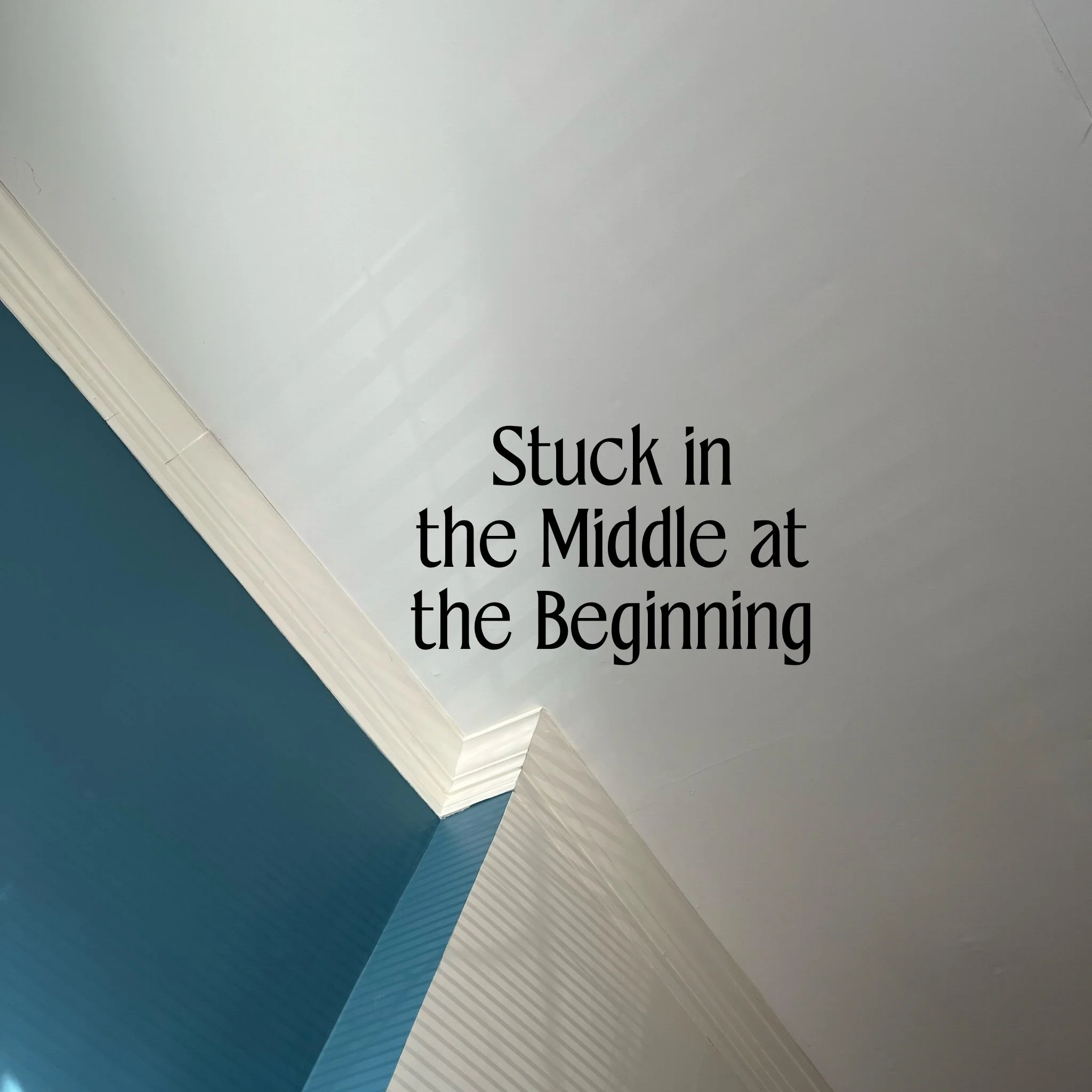Neighbor
Luke 10:25-37
Gospel Reading for the Eighth Sunday After Pentecost (Year C)
I was trying to write this science fiction short story about a guy who one night began shape-shifting, but couldn't control it. He transformed into whatever kind of person that frightened whoever he encountered; whoever they perceived was their enemy. It starts when he's pulled over and transforms into a black man. Panicked and acting erratically, the officers open fire when they think he's lunging for a gun.
The man flees and over the course of a night transforms into a Muslim, a cop, and so forth. One girl gets frightened when she sees "that angry orange man from the TV." Finally, he runs into a different police officer who treats our protagonist with kindness. Confused, the man asks the policeman who he sees. The officer pauses and says, "You look like my brother."
It read like a Sunday school knockoff of a Twilight Zone episode. It was too pat. Neat. Tidy. It needed to be more subversive. But I like the idea of shape-shifting because for the Parable of the Good Samaritan to truly work we have to understand that the title character has to change depending on the listener.
It's one thing to know that Jesus' original audience thought that Samaritans were the enemy. Cognitively, we grasp that some might have thought the guy was coming on the scene to finish what the thieves started. But that puts us at a distance. The pointedness of the parable is blunted. The shape has to change to truly hit home.
The story has to dig deep into our prejudices because sometimes we bury them far enough to think we don't have any. People do that all the time with racism today and, if you don't believe me, go read a comment thread on an article about the protests this past week. You'll regret it as deeply as I did, but you'll see what I mean. None of us want to be seen as prejudiced, so we just bottle it up. The Good Samaritan should bring those demons to the surface where, with God's help, we can begin to take care of them.
The Samaritan has to transform into a young African-American man in a "Black Lives Matter" shirt. He must shapeshift into a Muslim from Iran. The Samaritan must be a Wall Street corporate suit, a redneck, a lesbian, an immigrant, and that one person who you cannot stand. Every marginalized and unfairly maligned person must have a moment in the spotlight. The story has to morph for it to truly answer for each of us that question of "Who is my neighbor?"
Because the answer is "Everyone." That sounds all warm, mushy, and kumbaya. But in reality it is stupid hard. It is challenging to love your neighbor as you love yourself. We all have those people that we'd rather seen beaten up on the side of the road than be held up as someone made in the image of God. I know that I do. People say that loving everyone is simplistic easy way out. It is actually one of the most difficult things you or I could ever do.
I hope that churches looking at this passage will not shy away from the challenge. I pray that we won't prevent it from revealing the shadow side in each of us. The parable needs to shift and morph to challenge and unsettle. If we keep our distance then there is no way we can look at someone else and say they look like our brother or sister.









